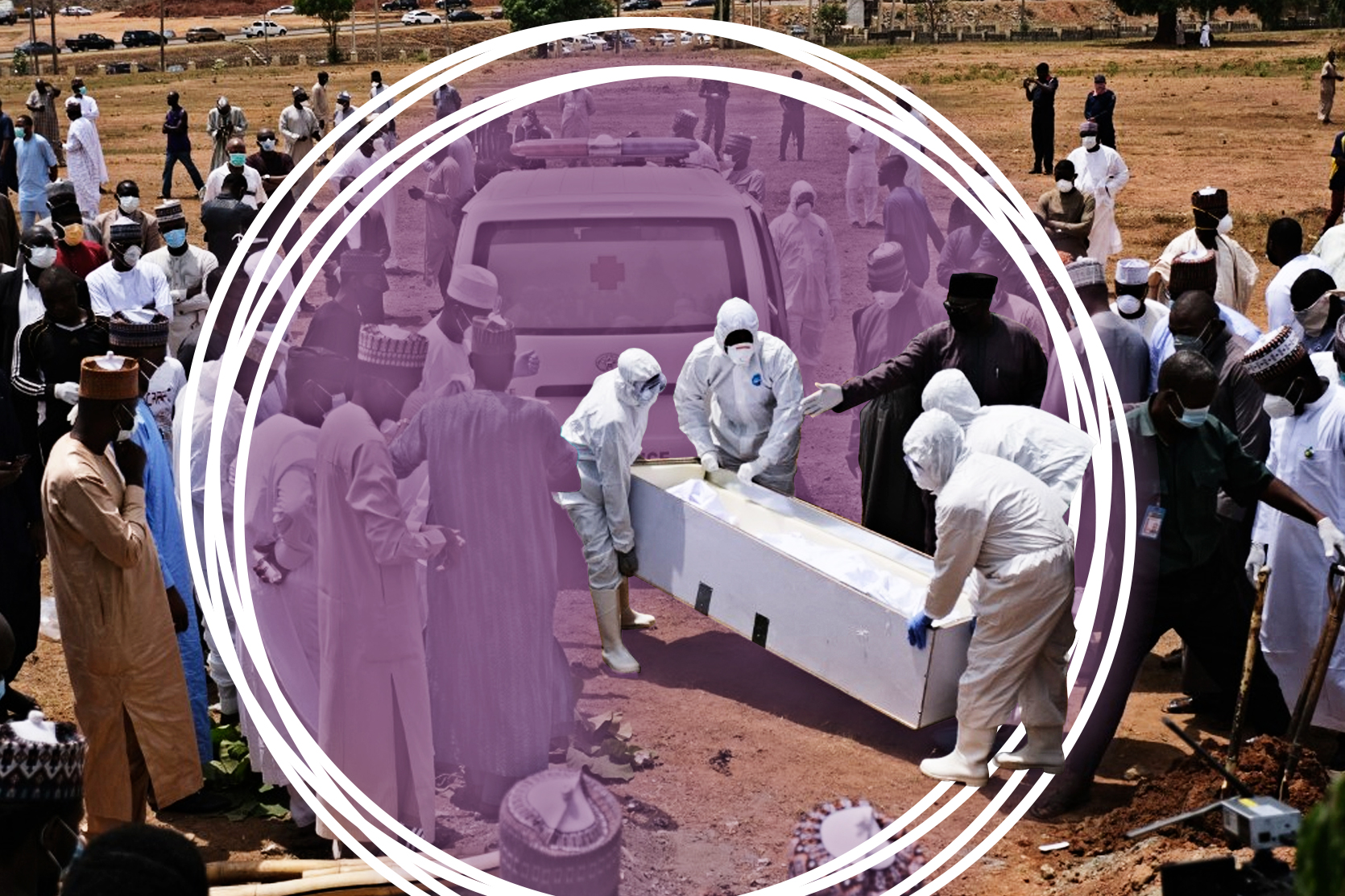
The COVID-19 pandemic has thrown up challenges for Nigeria’s health system quite unlike those posed by the Ebola virus or other epidemics, and also emphasised its weaknesses, across the board.
Epidemic preparedness is not something Nigeria seems to be good at. The coronavirus pandemic has been ravaging other parts of the world, so you might think that Nigerians and the Nigerian government would see that it would only be a matter of time before it came knocking on our doorstep. Yet Covid-19 found the country asleep when it finally came.
Covid-19 found the country asleep when it finally came.
With hindsight the country was able to trace its index case to an Italian man who arrived here by air on 24 March, and apparently brought the virus not only to Lagos State where he landed, but also to neighbouring Ogun State. Four weeks later, Nigeria recorded 1,337 people infected by the virus, with 40 of them dead and 255 discharged from hospital.
A 2017, Joint External Evaluation (JEE) rated Nigeria’s preparedness at 39% stating that the country was “not ready for the next epidemic.” The JEE is usually carried out every five years by the Nigeria Centre for Disease Control (NCDC) using a WHO-approved tool with 49 indicators to assess Nigeria’s capacity in the 19 technical areas. A mid-term review was carried out in 2019. Nigeria’s score had risen to 46%, indicating that while the country showed commitment to epidemic preparedness, it had “work to do to prepare for the next epidemic” – which we now know is Covid-19.
Against recommendations in the Abuja Declaration that governments spend at least 15% of their budgets on health, Nigeria currently spends less than 5% of its budget on it. A revised budget – proposed against the backdrop of Nigeria’s National Assembly budgeting ₦37bn for renovations – is expected to be passed into law that would see funding for local, primary healthcare services cut by more than 40%. This would also affect immunisations, childcare, maternal healthcare and family planning services.
Nigeria currently spends less than 5% of its budget on health.
Commenting on this, President of the Nigerian Medical Association, Professor Innocent Ujah, said, the proposed cut is coming at a time when Nigeria needed to invest more in health. Nigeria’s health budget was “unacceptably low, under 5%”, said Ujah, and the reduction in health funding was even more serious given the pandemic.
The reduction in health funding was even more serious given the pandemic.
The pandemic has thrown up many inadequacies in Nigeria’s health system, including its primary health care, the president-elect of the Nigerian Academy of Sciences, Professor Ekanem Braide told Africa In Fact.
Describing the country’s primary health care system as “very weak,” Braide said, most health facilities are run-down, with health workers mostly concentrated in state and local government capitals. “With the rising number of COVID-19 cases, the health system is overwhelmed. Routine health services are not being rendered as effectively as should be.” Some hospitals were reluctant to accept patients suffering from ailments unrelated to COVID-19.
Communities were left without access to the affordable health care which the Alma Ata declaration (1978) set out to achieve. (The Alma Ata declaration was “a major milestone of the twentieth century in the field of public health, and it identified primary health care as the key to the attainment of the goal of Health for All,” according to WHO.) Tertiary and secondary health facilities were overcrowded with patients who should have been treated either in or near their communities.
Some hospitals were reluctant to accept patients suffering from ailments unrelated to COVID-19.
Previous epidemics have brought about increased demand for “speculative therapies” in Africa, and the current epidemic is no exception, say Ejemai Eboreime, Chinwe Iwu and Aduragbemi Banke-Thomas in a July 2020 article in the Pan-African Medical Journal. The pandemic has brought a demand for alternative remedies with limited scientific evidence on their effectiveness to manage COVID-19 in Africa, they argue.
Recently, the president of Madagascar, Andry Rajoelina, elicited “heated debates” when he announced a “breakthrough herbal medicine” for COVID-19 developed from the Artemisia annua – “a medicinal plant whose use has long been reported in China, where it is locally known as qinghao, [and] now grown commercially in many African countries,” according to ScienceDirect.
Cameroon, they say, is experiencing shortages of herbal medicine due to high demand, while an undercover British Broadcasting Corporation investigation in Ghana revealed that “conmen and quacks” were selling fake and toxic substances as Covid-19 cures, sometimes for as much as $25,000. “Likewise, the current COVID-19 crisis has been associated with a covert epidemic of ‘miracle cures’ such as ingestion of bleach,” and enabled by the ubiquity of social media, they say.
An undercover British Broadcasting Corporation investigation in Ghana revealed that “conmen and quacks” were selling fake and toxic substances as Covid-19 cures, sometimes for as much as $25,000.
The pandemic is significantly shifting the dynamics of the pharmaceutical industry, including the supply and demand for unorthodox remedies, they add. The surge in demand for alternative remedies reflects badly on public health efforts to mitigate the spread of COVID-19 and the problem is likely to continue to plague health systems beyond the present outbreak.
“Africa, like China, has a broad diversity of natural pharma co-active products. But, due to poor government regulation and financing of herbal research, we are not only missing out on potential pharmaceutical and economic benefits, we are also exposed to the dangers of potential untoward effects of these substances,” one of the authors, Ejemai Eboreime told Africa In Fact.
“Governments need to strengthen regulatory processes and support clinical trials of traditional medical products,” he advises. “Policymakers must get their act together and dedicate substantial funding to health research, particularly on traditional medicines so as to establish their safety and efficacy.”
“Governments need to strengthen regulatory processes and support clinical trials of traditional medical products”
Research into and regulation of these products would need to observe the highest scientific standards, he added. This would give the world more confidence in African herbal medicines, and trigger a global demand for them, where validated. “Who knows, effective and safe treatments for Covid-19 or HIV may be hiding? somewhere in an obscure African village, waiting to be discovered.”
Eboreime, Iwu and Banke-Thomas argue that, going forward, governments must be proactive in engaging community influencers with knowledge transfer and the implementation of targeted health interventions.
Kano State in Nigeria’s north west has set the ball rolling with this. In two pilot wards, market women, youth, religious and community leaders are driving Covid-19 testing and explaining to residents – in Zango and Dorayi – why they should cooperate and submit themselves for testing. They did this by ensuring that their own families led the way.
In two pilot wards, market women, youth, religious and community leaders are driving Covid-19 testing and explaining to residents.
“Concerted efforts” are ongoing to address the problems with Nigeria’s health care system, says Professor Braide. The poor will have easier access to health care, health workers will be better trained and motivated, communities will be more involved in decisions about their health. But it is hard to see how this can happen when the health budget is chaotically managed.
According to a 2019 peer-reviewed study by Onwujekwe and others, Nigeria’s health financing mechanisms were not functioning “optimally” before the onset of the pandemic. “Allocation and use of resources are neither evidence-based nor results-driven. Resources are not allocated equitably or in a manner that minimizes wastage and improves efficiency. None of the mechanisms effectively protects individuals/households from catastrophic health expenditure,” according to the authors. They recommended that more funds were allocated to purchasing health care services, and that such expenditures be evidence-based and strategic.
In 2001, in the Abuja declaration, AU member states committed to spending at least 15% of their annual budgets to improving health care in their countries. Yet, according to a 2019 article by Paul Adepoju, the most that Nigeria spent on health after 2001 was 6% in 2012, while in 2018 it spent only 4% of its budget on health. Nigeria’s budget allocation for health care has been “consistently below the continental average of 9.8% since the 2001 agreement,” according to a June 2020 article by Oluwatola Toluwani. The country’s total allocation to health for 2020 was 4.14%.
That was the situation when the country, like others all around the world, was suddenly confronted with the coronavirus pandemic. It was not a good place to be in.
We’d love to hear from you! Join The Wicked Conversation by leaving your comments below, or send your letter to the editor to richard@gga.org.
Adie Vanessa Offiong is an award-winning journalist in Abuja, Nigeria, with experience in investigative, science and development journalism. She is member of the Health Systems Global, African Investigative Publishing Collective and of the Center for Collaborative Investigative Journalism. Vanessa was the winner of the 2019 Africa Media Development Foundation (AMDF) Journalists of the Year Award and was the only female finalist of the 2019 Continental Journalism Awards on the African Union Charter.


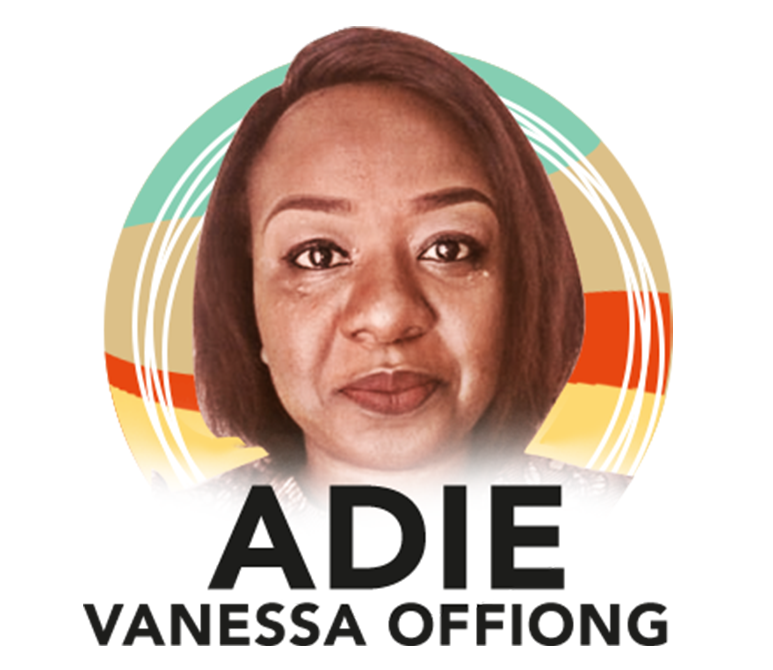


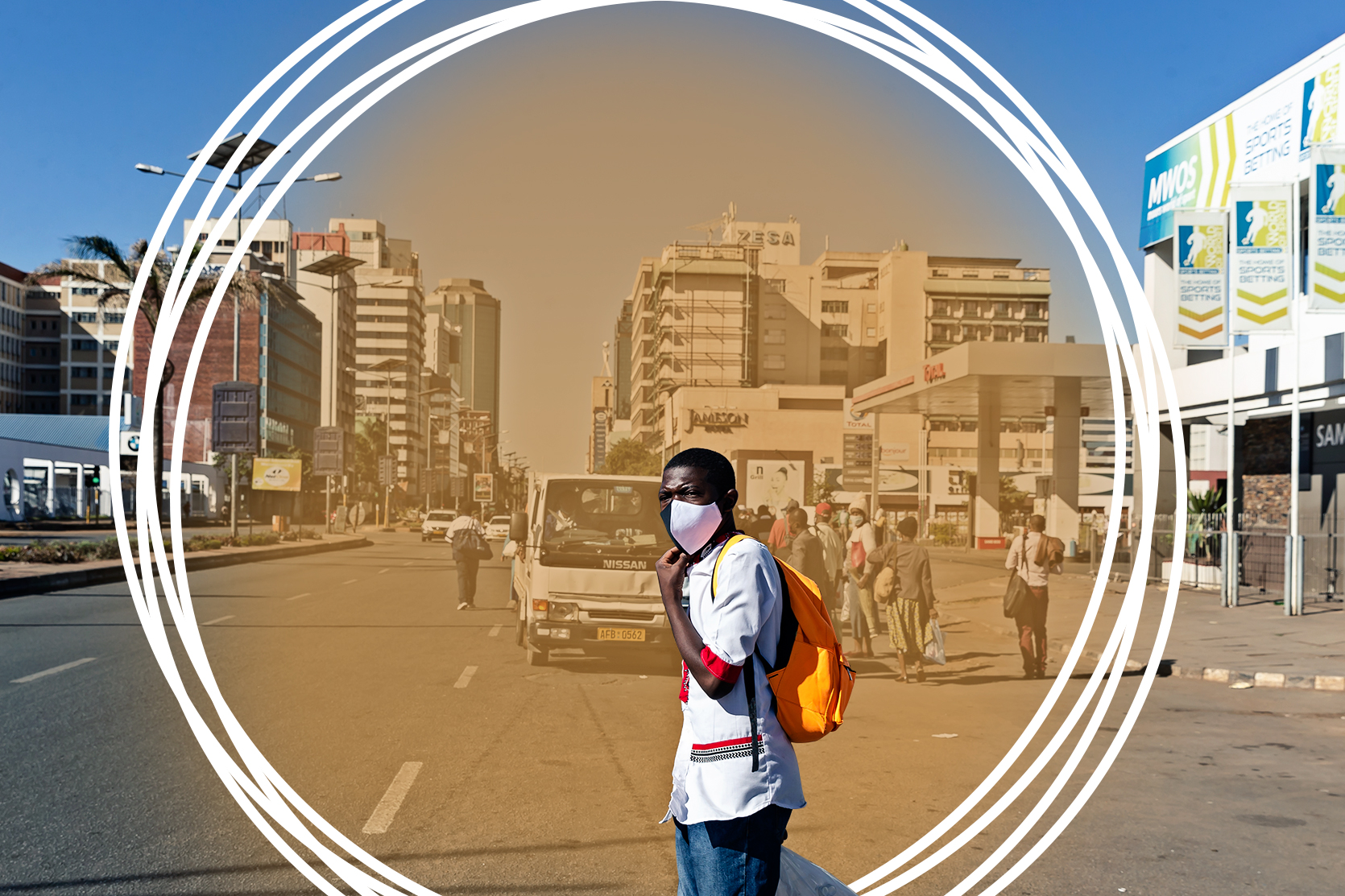
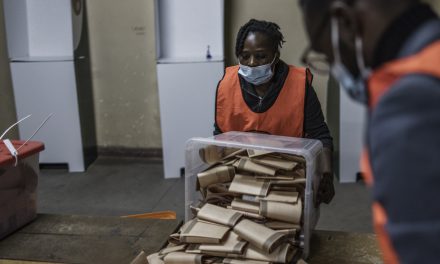
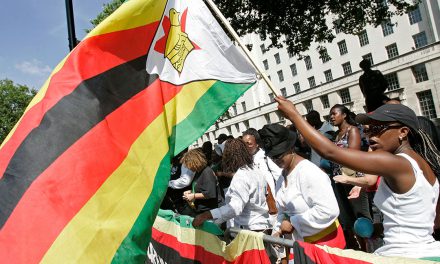
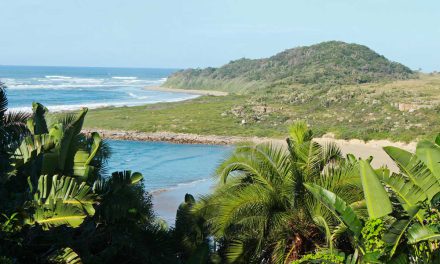

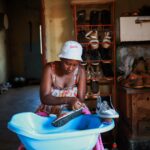
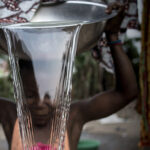
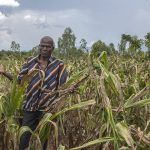



I’m not that much of a online reader to be honest but your sites
really nice, keep it up! I’ll go ahead and bookmark your website to come back later on.
Cheers
Hello,
Many thanks for your response and your kind words. Please continue to keep an eye on our page for more!